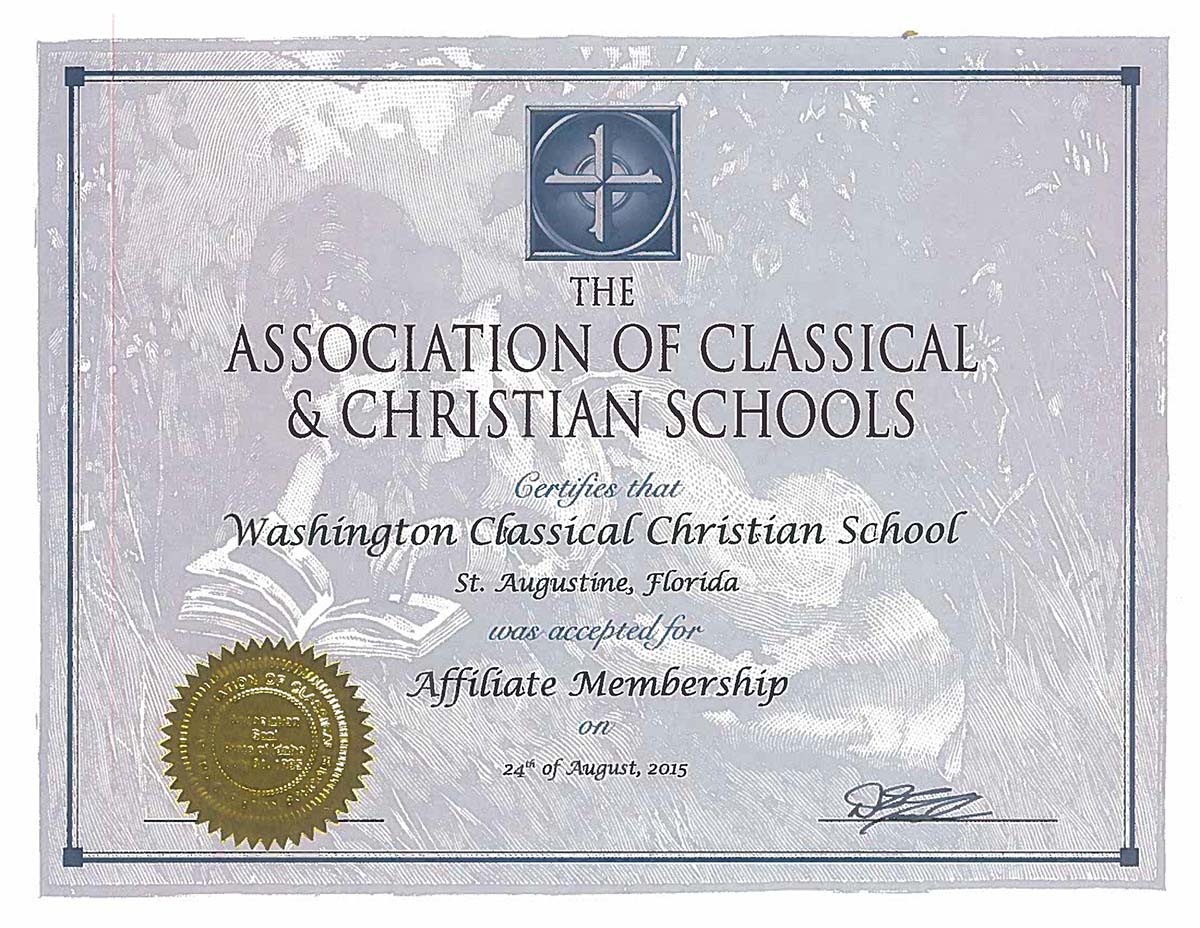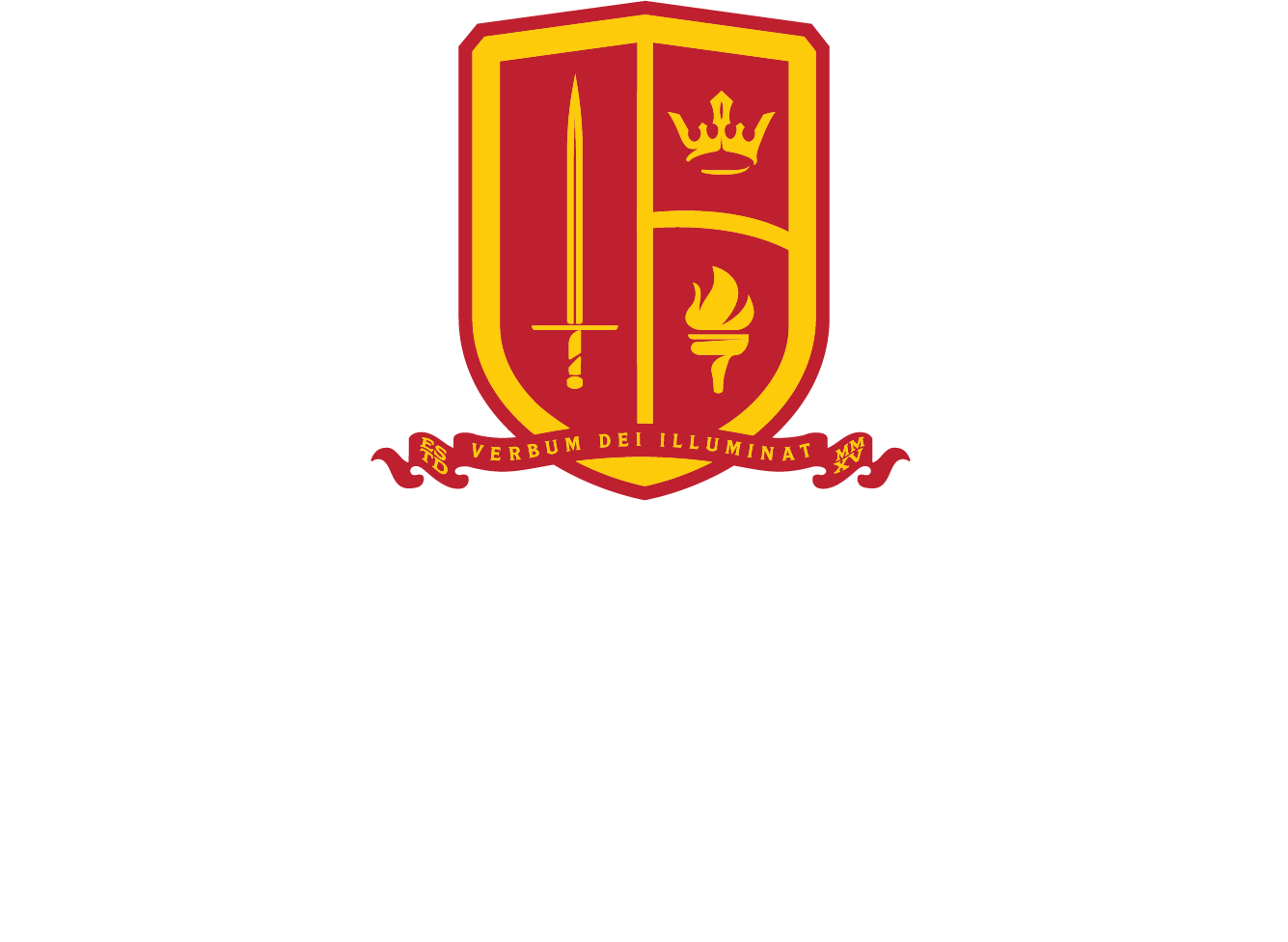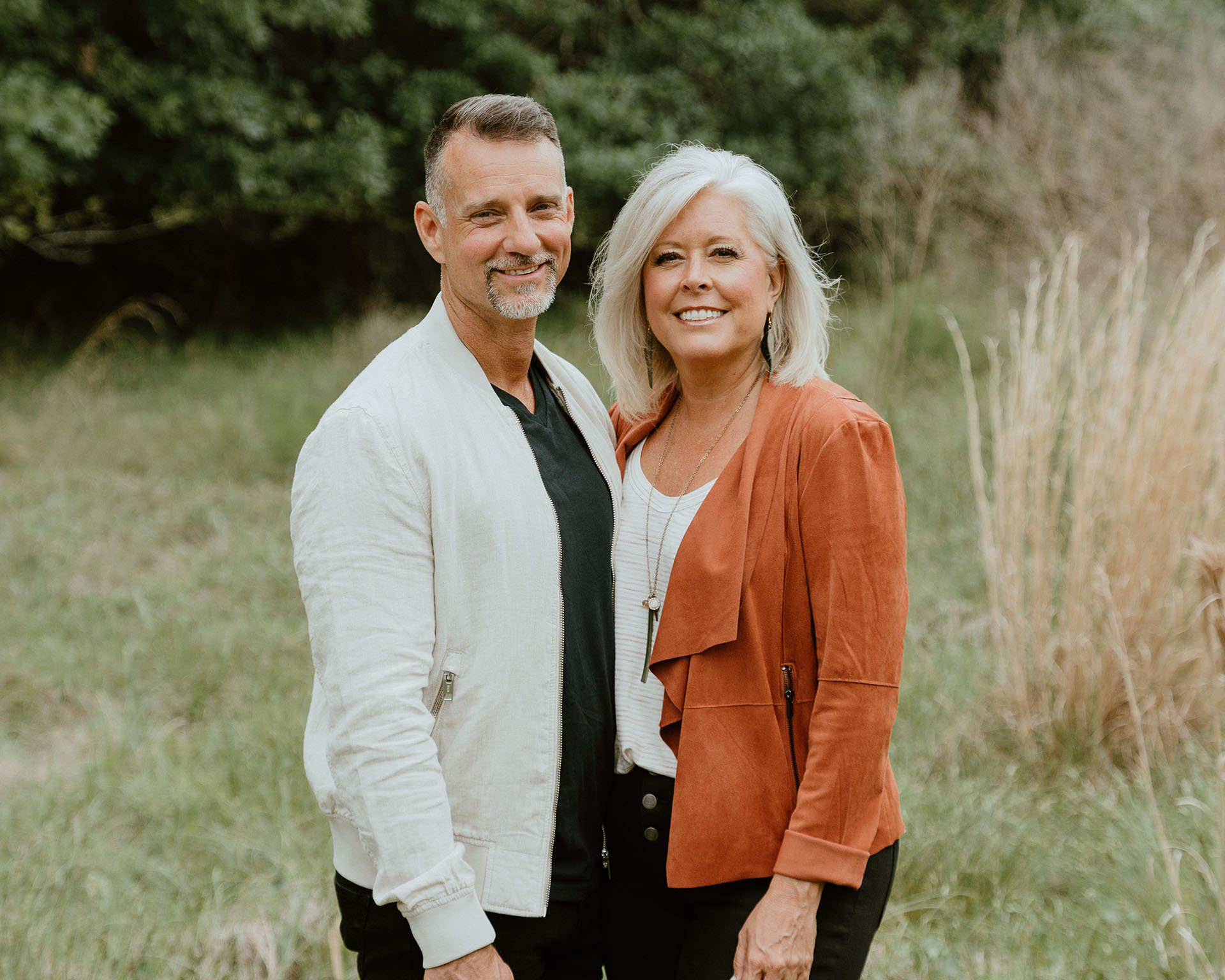
WHO WE ARE
Washington is a distinctive school that pursues a classical Christian approach to learning. Being located in St. Augustine, Florida, famously known for being America's Oldest City, it is only fitting that we adhere to a classical Christian approach. We pursue these methods because it equips students with the tools and love for life-long learning. Students are taught the fundamentals of each discipline (grammar), how to think through each discipline (dialect or logic) and how to express their thinking on each discipline (rhetoric).
At Washington, we teach the absolute truth of God’s Word, the Bible, and commit to integrating all areas of study with God’s Word. We intentionally seek to instill a thoroughly Christian worldview in our students. As a school, we are contending for the faith, and we purpose for students to be individuals who too, contend for the faith.
THE CLASSICAL CHRISTIAN MOVEMENT

In 1947 Dorothy Sayers, a writer from Oxford University wrote an article titled, “The Lost Tools of Learning.” In this article, she advocated a return to classical ways of educating that would equip students with the tools of learning so that they could effectively learn and think well on their own.
Logos School, in Moscow, Idaho, beginning in 1981, sought to follow the classical approach advocated by Dorothy Sayers. In 1991, Douglas Wilson of Logos School wrote “Recovering the Lost Tools of Learning: An Approach to Distinctive Christian Education”. The nationwide response to this book led to the need for an association: the Association of Classical and Christian Schools, of which Washington is a member. Today, there are classical and Christian schools throughout the nation, and Washington is part of this exciting movement.
We wish more for our children than we have known. Looking at past educational standards and achievements reminds us that we have some serious catching up to do. The roots of classical education stretch back to the classical Greek civilization, just prior to Christ. The methods matured during the Western Christian era of the Middle Ages and came to full flowering in the Renaissance. Though universal literacy was not an educational goal in medieval Europe, the Protestant Reformation of the 1500s provided a great impetus for learning throughout middle and even lower classes with its emphasis on knowing Scripture. As a result, a very high view of education prevailed and spread throughout the Western world.
This high view of tools of learning spread to the New World, too. Those who originally settled America were second – and third – generation Reformation. It’s not surprising, then, that the very first educational act in colonial America in 1647 was aimed at teaching all “children…to write and read,” so they could gain the “knowledge of the Scriptures.” Since the early 1990s, the rising movement of “classical and Christian education” has aimed to recover and develop some of the educational excellence of the past. The classical and Christian approach to education is about equipping children for the future with what has been successful in the past. In short, classical and Christian education is about getting back to the future.




